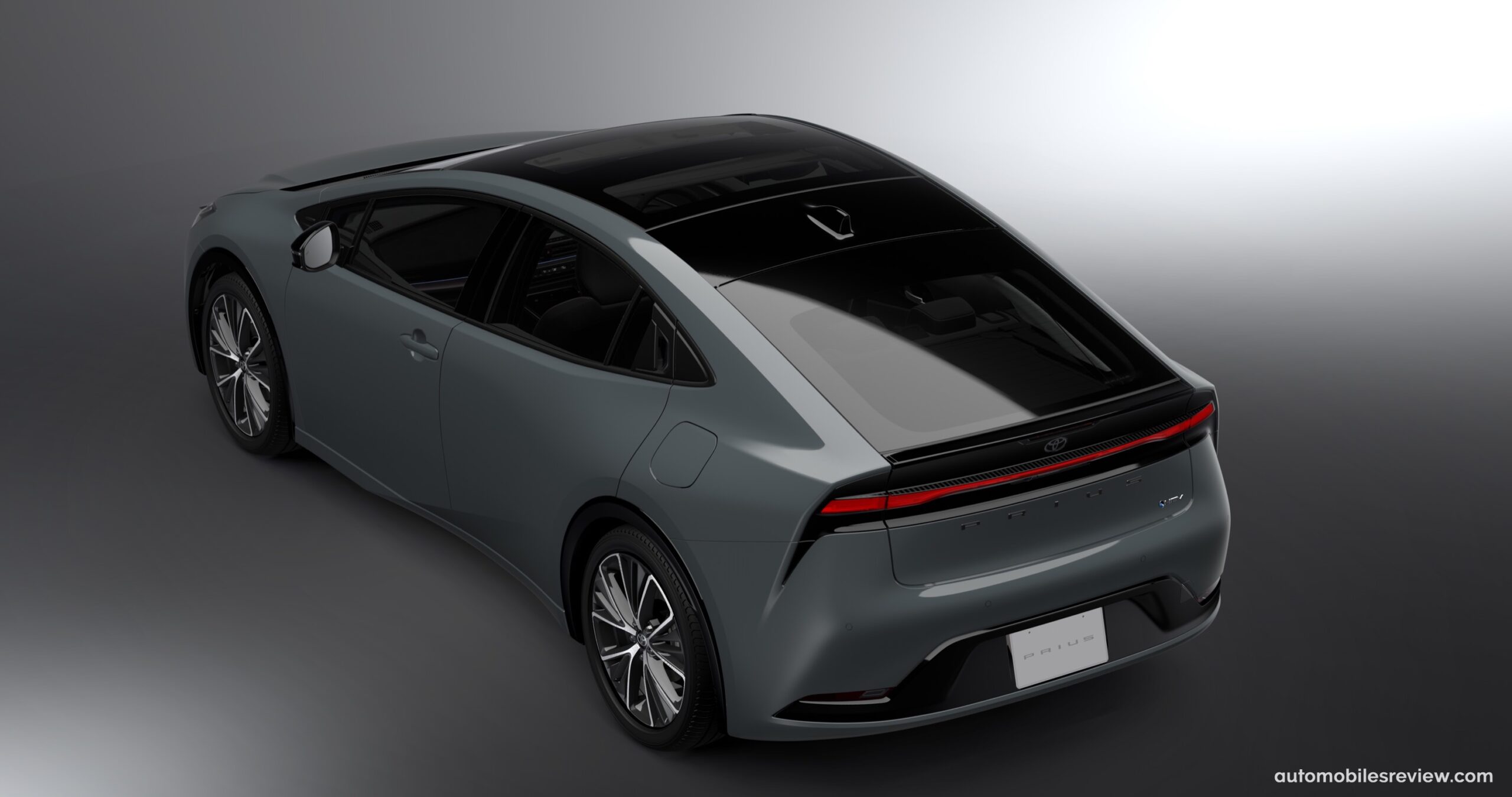When pondering the electrified future of transportation, two vehicles stand out: the 2024 Prius Plug-in Hybrid Electric Vehicle (PHEV) and the all-electric Kia EV6. In a rapidly evolving automotive landscape, where sustainability tensions with performance, one might ask, “Which option is the most cost-effective investment for an eco-conscious driver?” This playful inquiry leads us into the depths of an intriguing cost comparison, pitting hybrid against pure electric. Let’s embark on this automotive duel, delving into the operational expenses, purchase prices, and overall value propositions these two alternatives present.
To begin with, let’s dissect the initial purchase price. The 2024 Prius PHEV, known for its commendable fuel efficiency and modest footprint, typically starts around $31,000. Meanwhile, the Kia EV6, with its modern aesthetics and an array of technological advancements, carries a starting price exceeding $40,000 for its base trim. However, it’s crucial to note that while the EV6 commands a higher sticker price, it qualifies for various federal and state tax incentives aimed at promoting electric vehicle (EV) adoption. These credits can significantly narrow the financial divide, making the electric vehicle a more attractive option in terms of total cost of ownership.
Next, let’s consider refueling—an essential aspect of any vehicular expense analysis. The Prius PHEV provides drivers with the dual advantage of electric and gasoline-powered efficiency. Its electric-only range is modest, approximately 25 miles. Following this electric surge, it seamlessly transitions to gasoline operation, achieving impressive mpg ratings. In contrast, the EV6, offering a splendid electric range of up to 300 miles, eliminates gas station visits altogether. However, charging an EV isn’t without its own charges. Home charging setups often involve initial investments, yet charging costs can be significantly lower than gasoline in the long run, especially when charging during off-peak hours. An intriguing question arises: is the convenience of fewer stops worth the extra cost of an EV6 upfront?
Insurance costs also factor heavily into the overall financial equation. Typically, PHEVs like the Prius tend to attract lower insurance premiums compared to fully electric vehicles. The rationale is simple—PHEVs pose less risk due to their dual-fuel nature. Conversely, EVs can lead to higher premiums because of expensive battery replacements and repair costs. Insurers often categorize EVs as niche vehicles, thus raising premiums due to perceived risks. For potential buyers, understanding these disparities could affect their financial planning significantly.
Let’s now channel our attention toward maintenance expenses, an often-overlooked dimension in the cost analysis of vehicles. The Prius PHEV with its hybrid system generally incurs lower maintenance costs due to its smaller, conventional engine, which is typically cheaper to repair. On the other hand, the Kia EV6 features advanced technology, including a sleek electric drivetrain and high-performance components. While EVs operate with fewer moving parts, they do require specialized knowledge for any repairs, which can sometimes escalate costs, especially outside of warranty coverage. This leads us to ponder: are drivers willing to pay for cutting-edge technology at the cost of higher maintenance risk?
Now that we’ve disassembled the cost components of both vehicles, let’s pivot toward the environmental impact and the potential for savings beyond mere dollars and cents. The Prius PHEV, while transitioning from electric to gas, still operates with a considerably reduced carbon footprint compared to conventional combustion engines. Nonetheless, the EV6 steps it up a notch, promising zero tailpipe emissions as it runs solely on electric. For consumers prioritizing environmental stewardship, the question looms: does the electric-only advantage of the EV6 outweigh the practical flexibility offered by the Prius PHEV?
A discussion on resale value is also pertinent. The electric vehicle market has shown substantial growth recently, and despite the initial depreciation many EVs face, such as the EV6, their popularity often translates into a robust resale market. In our evaluation, clarity is essential: what vehicles retain their value better, the hybrid or the all-electric better, in light of governmental incentives pushing toward electrification?
Besides financial considerations, technology preferences can also guide consumers’ decisions. The 2024 Prius PHEV is celebrated for its user-friendly interface and reliable technology. However, the Kia EV6 presents cutting-edge features such as advanced driver assistance systems, augmented reality navigation, and a more robust infotainment system. The question here might be, do tech-savvy consumers seek the latest innovations, or do they find comfort in the familiar efficiencies of longtime offerings like the Prius?
As we reach the climax of this discussion, it’s become evident that the cost comparison between the 2024 Prius PHEV and Kia EV6 is multifaceted. Factors such as purchase price, maintenance expenses, insurance, charging habits, environmental impact, and technological preferences all contribute to this complex narrative. Ultimately, the decision hinges on individual priorities. Are you drawn to the excellent fuel economy and flexibility of the hybrid market or seduced by the allure of cutting-edge technological innovations and zero emissions that a fully electric model promises?
In conclusion, the EV showdown between the 2024 Prius PHEV and the Kia EV6 awakens a plethora of considerations. Potential buyers must weigh the pros and cons of operational costs against environmental commitments, technological desires against financial realities. The road ahead may sparkle with electric allure, but drivers must look closely at what they value for the journey ahead. The ideal choice is indeed a reflection of one’s lifestyle and priorities; and in this exhilarating journey toward greener transportation, there is no single right answer. Rather, the most prudent decision emerges from careful contemplation and alignment of one’s driving ethos with personal values.
